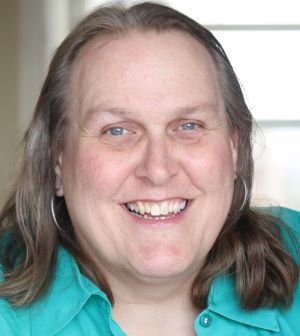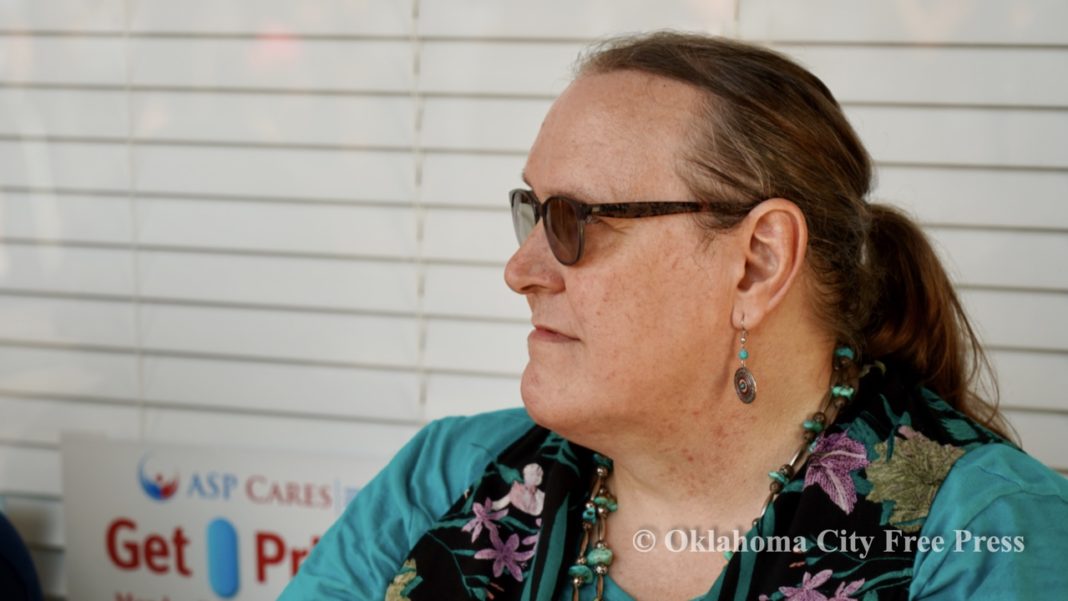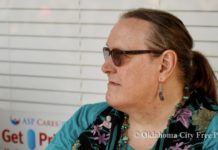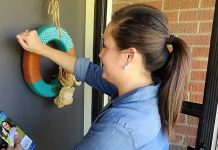Last Updated on January 5, 2024, 12:56 AM | Published: July 24, 2021
Paula Sophia Schonauer, LCSW, continues a serial memoir. If you haven’t read the earlier parts of this series, look at the bottom of this page.
Reality is only a Rorschach inkblot, you know.
— Alan Watts
Recognizing patterns is an essential skill for human survival. Primal humans had to discern the difference between tall grass and tiger stripes, rocks in rivers from prowling crocodiles, and a leopard’s spots from tree bark and leaves. Pattern recognition helps humans understand moon cycles, the passage of time, and our own mortality.
The knowledge of death brings an existential crisis, and we respond by trying to find signs, symbols, and patterns that convey longevity, security, and meaning. The progressively shorter days of Autumn seem ominous, and we look for reassurance, developing rituals to call the light back, celebrations upon its return.
We notice the budding leaves of Spring, warmer weather, longer days, and we know it is time to sow. As weather is not nearly as predictable as the moon and solar cycles, people still try to recognize the signs of drought or deluge, knowing their lives can depend upon the turn of a storm, a strike of lightning, or the direction of wind. Perhaps, we learned to pray because of the weather, our insecurities prompting us to plead to powers beyond our grasp.
We are primed to notice patterns and ascribe meaning to what we experience. That’s why we see familiar shapes in the clouds while lying on a grassy hill, the Virgin Mary on burnt toast, a humanoid face on the surface of Mars, a demonic figure in the fire, and smoke belching from a volcano.

People are sure the chaos of life must have some underlying meaning, sure that God has a plan, that nothing is beyond our capacity to endure because God wouldn’t give us more than we can handle. We assure ourselves that things were meant to be, that there is some divine plan wrapped in the mystery of our existence, and because our existence is so miraculous, so tenuous, and dependent upon cosmic movements we cannot always measure, we have a sense of how vulnerable we are even if registered only by our subconscious.
I stared at a page of inkblots a doctor had placed on the desk in front of me. Though they lacked shape and structure, the right and left sides of the page seemed to be mirror images of each other.
“What do you see?” the doctor asked, a distinguished-looking man, kind of young, younger than Dad, anyway. He had glasses, a gentle face, clean-shaven, and his hands looked soft, not hard and calloused like Dad’s.
“I don’t know.”
“Use your imagination.”
“Um… a butterfly.”
“Good.” He retrieved the butterfly and placed another inkblot in front of me.
The immediate impression I had was unpleasant. The face of the devil, horns on his head, a pointy chin, a vague grin. I hesitated to say, feeling insecure and defensive.
“What?”
“I don’t…”
“But you do. I can see it.”
“See what?” It was like he was reading me, studying me, and I felt exposed.
“It’s okay. Just tell me the first thing you saw.”
“The devil,” I blurted.
The next inkblot brought a monster, like the face of the fly in that movie when the scientist accidentally switches heads with a housefly.
“Hmm…”
Another card brought me two witches dancing around a skull, the next, “Another butterfly, a sad one.”
“Why sad?”
“The wings are down. It can’t fly.”
The doctor flipped through several more cards: bears, angels in clouds, two girls dancing.
Then a final card, a collection of images like spiders, caterpillars, yellow birds, but the holistic image looked like an angry man with long hair and a curly mustache.
“Very good,” the doctor said, but I did not believe him.
“So, what are the right answers?”
“There are no right or wrong answers. There’s just your answers.”
“Oh…”
The doctor was silent for a moment, the pause in conversation pregnant with expectation.
Was I expected to talk, or was the doctor supposed to say something? I was keenly aware that every move I made, every sound I uttered had profound meaning, that I was being tested.
The doctor looked at me directly, his eyes staring at mine. His gaze frightened me like he was seeing right through me. “Have you ever thought you should have been born a girl?”
This question frightened me. Until that moment, I had been enjoying my stay at the hospital, even after I had been moved from the 8th-floor vista overlooking the city to a ground-level floor with steel webbing over the windows.
The ground floor was an older part of the hospital with those boomerang shapes on the floor, more cluttered with activity, less clean looking but still antiseptic. The intercom announcements seemed louder and echoed through the building. There was a playroom and more kids, easels with butcher paper, paints, crayons, and markers, and lots of toys: big wooden trucks, toy people, dolls, puppets with a little theater. And the food was good, too. I had never had pancakes so often in my life.
But I always felt watched by the nurses and doctors, like I was being graded for everything I did and said, someone always writing notes in little notebooks, someone always looking at me, analyzing me.
None of this really bothered me until the doctor’s last question, and I suddenly had the urge to go home.
“Do you think you should have been a girl?”
What if I said, yes? Would they keep me in the hospital forever? If I said no, would they let me go home? For some reason, I saw myself in the locker room with that older boy, knife at my privates, and I felt buoyant, floating within myself, psyche wanting to escape but bound inside my body.
“No,” I finally said, but I think the doctor didn’t believe me.
He kept staring at me, a moment too long. I squirmed.
What had he seen in the inkblot of my life?
He saw me playing with trucks… and dolls. He saw me playing with boys but mostly girls. I drew pictures of ghosts, barren trees festooned with hanging nooses, haunted houses, monsters wrecking cities, and a bridge with a big arch, a house nestled beneath, a line of smoke rising out of the chimney, a tree in the front yard with a tire swing.
Here are previous segments:
- Manhood, from the inside out — Memoir and Mythology
- Part 2 — Cubby Hole
- Part 3 — Magic Carpet Cocoons
- Part 4 — Snips and Snails and Puppy-Dogs’ Tails
- Part 5 — Mirror
- Part 6 – Deep Water
- Part 7 – Limbo
- Part 8 – Dissociation
- Part 9 – Shame
- Part 10 – Judgement Day
- Part 11 – Inferno
- Part 12 – Haunted
- Part 13 – Did I say that?
- Part 14 – The end times
- Part 15 – Alone again (naturally)
- Part 16 – Welcome to Grey Town
- Part 17 — Stigma
- Part 18 — Turning the other cheek
- Part 19 — Malingering
Guest Columnist Paula Sophia is a licensed clinical social worker in Oklahoma City and a former Oklahoma City Police Officer.







